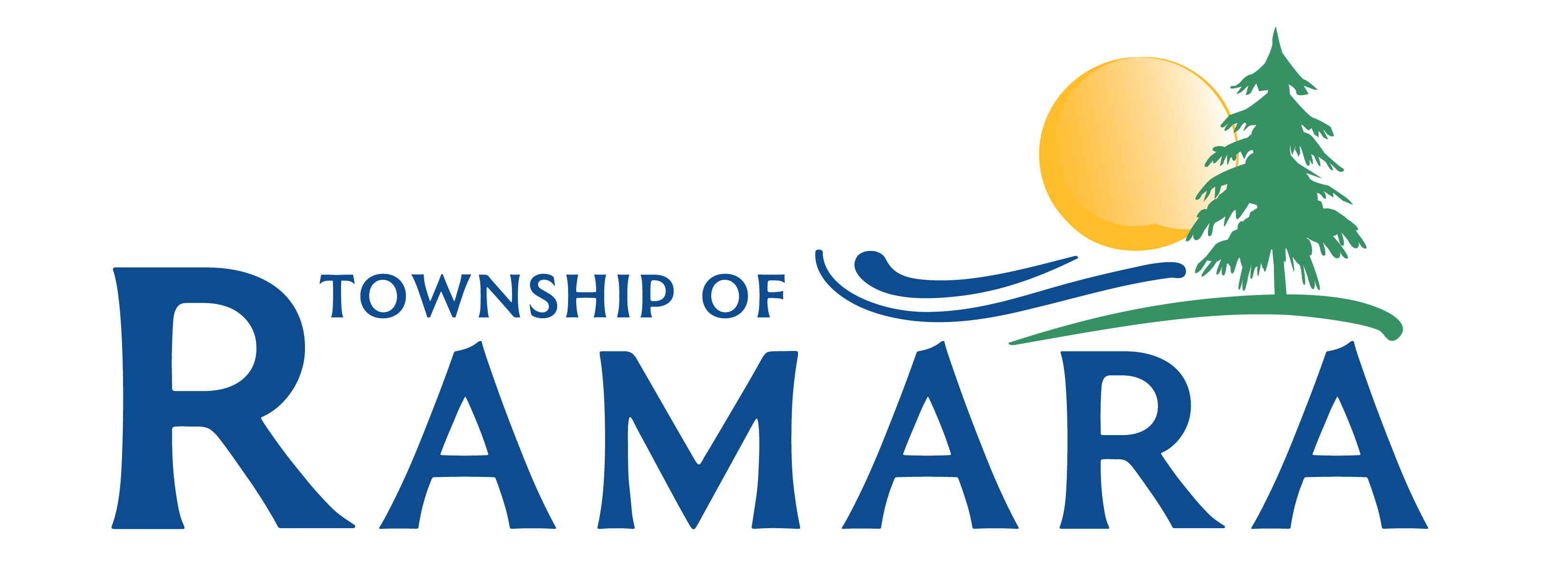As part of the Bayshore Village Sewage Works Class Environmental Assessment, consultation with residents was conducted through a Public Information Centre on May 22, 2024. After the PIC, written comments were accepted until June 7, 2024 to be considered in the study. Tatham Engineering, the Township Engineers, will review feedback, choose a preferred solution, prepare a study report, and present it to the Council in the summer of 2024. At the meeting, the Council will decide on the solution and the allocation of funds for the chosen solution.
The expenditure will be capitalized according to the Tangible Capital Asset Policy which also determines the depreciation period for each asset type. This is in accordance to the Public Sector Accounting Board (PSSAB) requirement.
However, this is not related to the cost to the ratepayers. A project of that value will have to be financed by a loan. The repayment of the loan will be part of the wastewater expenses therefore included in the fees paid by the wastewater users.
